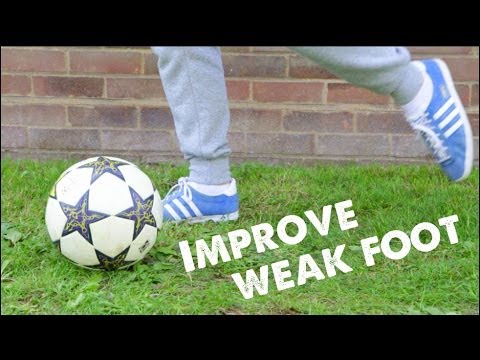
Strengthening weak skills is the 3rd strategy top performers use to stay ahead in their game.
You may realize a décalage between the amount of attention you give to different working areas or skills. You may realize you concentrate more energy working on stronger skills and keep postponing weaker areas.
An intermediate musician keeps working to improve and strengthen his stronger skills but neglects the weaker ones. On the contrary, advanced musicians focus more on weaker areas, improving what is missing on their playing.
Related to this expert’s ability to expend more effort and energy on specific aspects in need of attention is the control in putting fewer repetitions in the same amount of time.
Experts don’t seem to waste unnecessary movements to performer a task. They prepare internally, focus mindfully, and execute when ready – perfectly, flawlessly. Experts behave like a Zen Master. They don’t talk much but, when they do, they say it all in a few words.
This accurate approach requires more physical and mental effort and willpower. It can be related to a harder or demanding kind of practice and even a less enjoyable or pleasant practice. Think about eating your vegetables when you were a kid. Sweets and candy were much more pleasurable but those awful tasting vegetables kept you healthy.
Thinking and planning are the pre-requisite to become that Zen Master of your instrument. You have to know how to approach your problem, which is the best angle, and the right moment to jump right into it. You have to be an architect before being an engineer. Draw your sketch, elaborate your plan of action and THEN execute.
When building good practice habits you start eliminating frustration, boredom and the sense of falling short. Your practice sessions will become more demanding and exhausting but more productive and effective.
In the end one must engage in thinking and planning about the best approach into tackling weaker skills in order to strengthen them. Focusing on better quality and fewer repetitions is paving the path to fulfillment.
Lastly, spacing, randomizing and varying your practice is what will make it durable and flexible, like second nature. Afterwards you only need to think about WHAT subject you do really want to master. You become what you repeatedly do. Who do you want to become?


